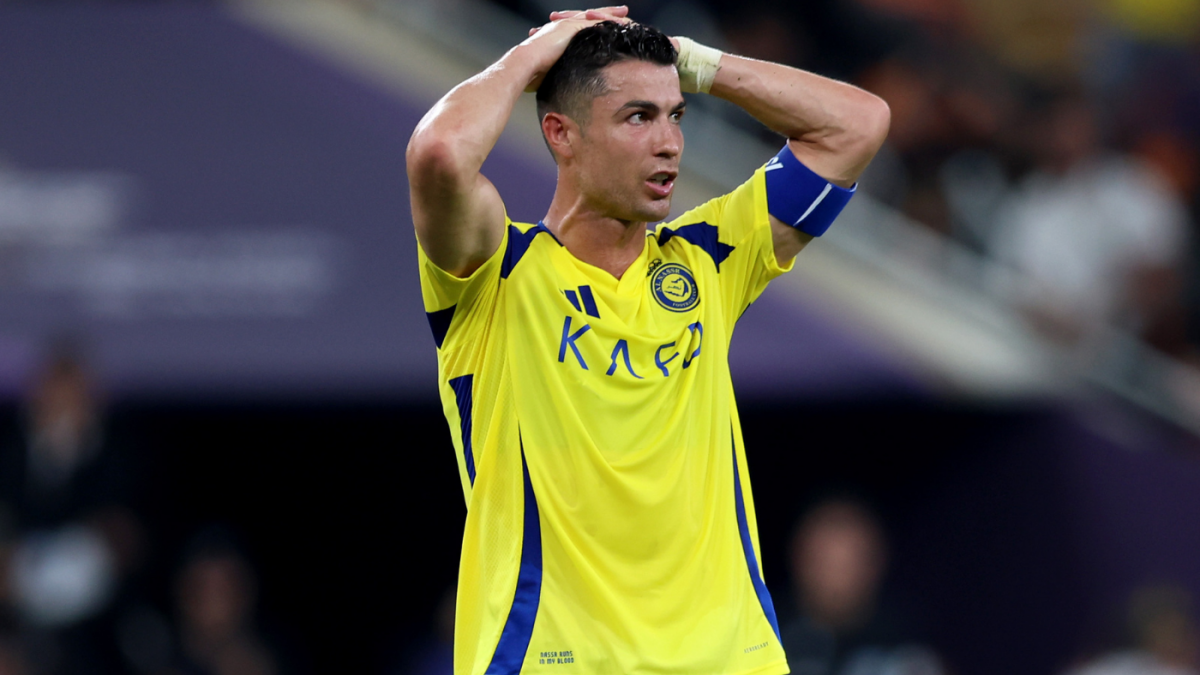“`markdown
The AFC Champions League has once again delivered a spectacle of footballing excellence, culminating in a final that pits two contrasting yet equally formidable teams against each other. Al Ahli and Kawasaki Frontale have navigated a gauntlet of challenges to reach this pinnacle, each carving their path with distinct styles and unforgettable moments. This analysis dissects their journeys, key performances, and the tactical nuances that set the stage for an electrifying finale.
—
The Contenders: Contrasting Paths to Glory
Al Ahli’s Symphony of Precision
The Saudi Arabian giants, Al Ahli, advanced to the final with a masterclass in tactical execution. Their 3-1 semifinal victory was a showcase of structured play and individual brilliance. Roberto Firmino, the Brazilian maestro, orchestrated attacks with his trademark vision, while Ivan Toney’s predatory instincts in front of goal underscored his rising stature.
– Tactical Discipline: Coach Firmino’s 4-3-3 system emphasized fluid transitions, with fullbacks overlapping to stretch defenses.
– Key Moment: Toney’s brace in the semifinal, including a clinical finish from a Firmino through-ball, epitomized their lethal partnership.
Kawasaki Frontale’s Gritty Resilience
Japan’s Kawasaki Frontale defied odds by edging past Cristiano Ronaldo’s Al Nassr 3-2 in a semifinal thriller. Their victory was a testament to mental fortitude and adaptability.
– High-Pressure Game: Frontale’s high press disrupted Al Nassr’s buildup, forcing errors in critical areas.
– Heroic Stand: A 95th-minute clearance off the line preserved their lead after Ronaldo’s near-equalizer, symbolizing their collective resolve.
—
Decisive Performances: Heroes and Heartbreaks
Al Ahli’s Dynamic Duo
– Roberto Firmino: More than a playmaker, his defensive work rate and spatial awareness allowed Al Ahli to dominate midfield battles.
– Ivan Toney: With 6 goals in the knockout stages, his aerial dominance and penalty-box poaching made him the tournament’s breakout star.
Ronaldo’s Agony
Cristiano Ronaldo’s semifinal encapsulated his duality: a sublime first-half volley followed by a late miss that sparked debates. While his leadership galvanized Al Nassr, the missed chance highlighted the fine margins at elite levels.
—
Tactical Chessboard: Strengths and Vulnerabilities
Al Ahli’s Blueprint
– Strengths:
– Possession-based dominance (58% average).
– Set-piece efficiency (4 goals from corners).
– Weaknesses:
– Susceptibility to counterattacks due to high defensive lines.
Kawasaki Frontale’s Counterpunch
– Strengths:
– Rapid transitions exploiting wide areas.
– Goalkeeper Jung Sung-Ryong’s shot-stopping (82% save rate).
– Weaknesses:
– Struggles against physical forwards in aerial duels.
—
The Final Forecast: Clash of Philosophies
The final hinges on whether Al Ahli’s controlled possession can neutralize Frontale’s relentless pressing. Key battles to watch:
—
Conclusion: A Legacy-Defining Night
The Weight of History
For Al Ahli, victory would cement their status as Saudi Arabia’s modern powerhouse. Kawasaki Frontale, meanwhile, seeks to become Japan’s first champions since 2008. Beyond tactics, this final is a celebration of football’s universality—where artistry meets tenacity, and where one moment of brilliance can immortalize a team. As the whistle blows, expect a contest etched in AFC folklore, a testament to the beautiful game’s unyielding drama.
“`











